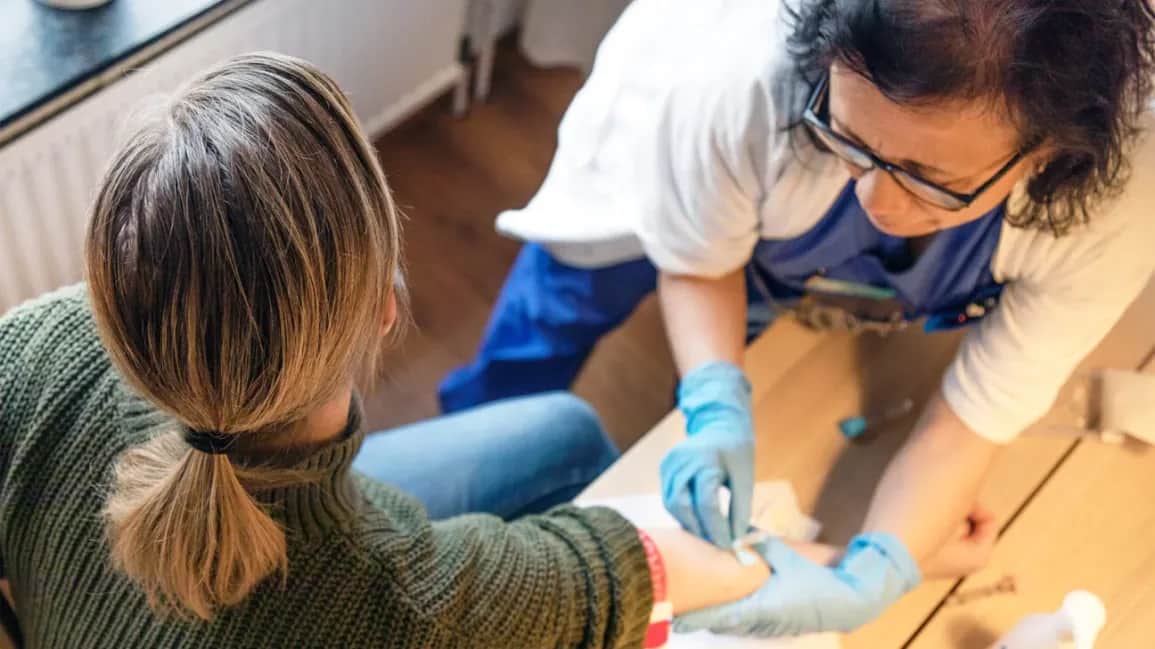When we think of platelets, the first image that comes to mind is their role in stopping bleeding. These tiny cell fragments in our blood rush to the site of an injury, form a plug, and help prevent excessive blood loss. While this clotting ability is critical for survival, platelets do far more than just patch wounds. In recent years, medical research has uncovered their diverse roles in immunity, healing, and even chronic disease processes. Understanding these functions can give us a deeper appreciation of platelets as essential players in maintaining health and fighting illness.
The Basics: What Are Platelets?
Platelets, also called thrombocytes, are small, disk-shaped fragments of cells produced in the bone marrow from larger cells known as megakaryocytes. Unlike red and white blood cells, platelets do not have a nucleus, but they contain proteins and granules that are crucial for their activity. A healthy adult usually has about 150,000 to 450,000 platelets per microliter of blood. When this number falls too low (a condition known as thrombocytopenia) or becomes abnormally high (thrombocytosis), it can lead to serious health problems.
Platelets and Clotting: Their Primary Role
The most well-known job of platelets is in hemostasis the process of preventing blood loss after injury. When a blood vessel is damaged, platelets adhere to the site, stick together, and release chemicals that activate clotting factors. This creates a stable clot that stops bleeding. Without platelets, even a small cut could be life-threatening. But while clotting is vital, it is only part of the story. Scientists now recognize that platelets have far-reaching effects in immunity, tissue repair, and disease regulation.
Platelets in Wound Healing and Tissue Repair
After forming a clot, platelets release growth factors such as platelet-derived growth factor (PDGF) and vascular endothelial growth factor (VEGF). These proteins attract immune cells, stimulate new blood vessel formation, and encourage tissue regeneration. This explains why platelet-rich plasma (PRP) therapy, where concentrated platelets are injected into injured tissues is used in sports medicine and orthopedics to accelerate recovery. Platelets act as messengers, signaling the body to repair and rebuild damaged areas.
Platelets and the Immune System
Beyond clotting, platelets interact closely with white blood cells to help defend the body against infections. They recognize pathogens, release antimicrobial peptides, and enhance the activity of immune cells. Research shows that platelets can detect bacteria and viruses, bind to them, and aid in their clearance. In this sense, they act as first responders in immune defense, bridging the gap between injury and infection control.
Platelets in Inflammation
Platelets play a central role in inflammation, a process that can be both protective and harmful. When the body encounters an infection or injury, platelets release signaling molecules called cytokines and chemokines. These attract immune cells like neutrophils and macrophages to the site, enhancing the inflammatory response needed for healing. However, excessive platelet activity can fuel chronic inflammation, which contributes to conditions like atherosclerosis, rheumatoid arthritis, and certain autoimmune disorders. Understanding this dual role has made platelets a subject of study in inflammatory disease management.
Platelets and Cardiovascular Health
Platelets are closely linked with heart disease and stroke risk. When they become overactive, they can form clots inside arteries, blocking blood flow to the heart or brain. This process is central to heart attacks and strokes. That is why medications like aspirin, which reduce platelet activity, are often prescribed to people at high cardiovascular risk. At the same time, maintaining a healthy platelet count and function is essential to prevent both excessive bleeding and harmful clotting.
Platelets and Cancer
An area of growing research is the connection between platelets and cancer. Tumor cells can “hijack” platelets, using them as shields to evade the immune system. Platelets also release factors that encourage tumor growth and the spread of cancer cells (metastasis). On the other hand, some studies suggest platelets may help the immune system recognize and attack tumors. This complex relationship makes platelets a potential target for future cancer therapies.
Platelets in Regenerative Medicine
Thanks to their healing properties, platelets are increasingly used in regenerative therapies. Platelet-rich plasma is applied not only in sports injuries but also in dentistry, dermatology, and cosmetic medicine to promote skin rejuvenation and hair growth. These therapies harness the natural repair signals within platelets to stimulate recovery and regeneration.
Keeping Platelets Healthy
Since platelets play such a wide range of roles, keeping them healthy is crucial. Factors that influence platelet function include: Diet: Nutrients like iron, vitamin B12, and folate support platelet production. Omega-3 fatty acids help regulate platelet activity. Lifestyle: Avoiding smoking and excessive alcohol reduces the risk of platelet dysfunction. Medical Conditions: Regular checkups and blood tests can detect platelet abnormalities early, especially for those with risk factors like autoimmune disease or cardiovascular problems.
Order a CBC test online at Capital Diagnostic Centre
Conclusion
Platelets are far more than simple clotting agents. They are dynamic, multifunctional components of blood that influence healing, immunity, inflammation, cardiovascular health, and even cancer progression. While their ability to stop bleeding remains their most critical role, the expanding understanding of platelets shows how interconnected they are with overall health. As research advances, platelets may become key tools in medicine, not only for treating bleeding disorders but also for managing chronic diseases, enhancing healing, and developing new therapies. Appreciating the hidden powers of platelets gives us a clearer view of how our bodies protect and repair themselves every day.

